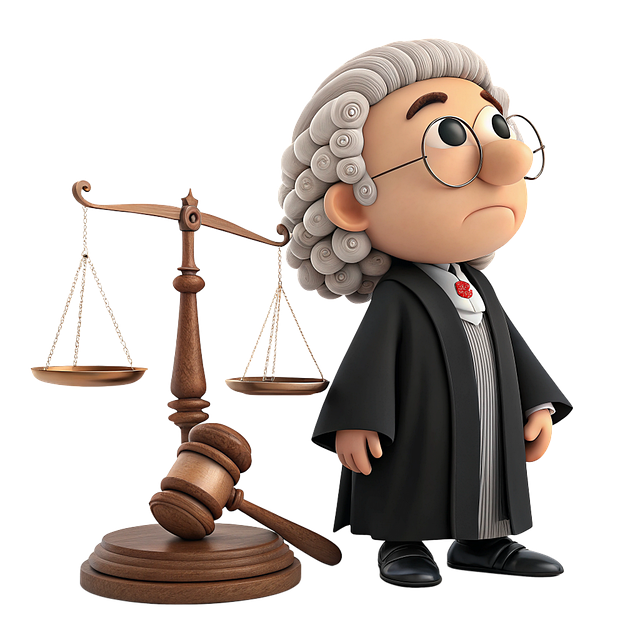Healthcare law firms act as vital navigators in the complex legal landscape of the healthcare sector, providing expertise in regulatory compliance, medical malpractice, and insurance disputes. They handle high-stakes cases involving patient rights, hospital governance, and pharmaceutical litigation, offering strategic counsel to clients ranging from healthcare providers to patients' advocacy groups. Beyond legal representation, these firms engage in philanthropy and community political involvement, focusing on driving innovation and policy changes that enhance patient care. In cases of unfair workplace practices like discrimination or wrongful termination, specialized healthcare lawyers play a crucial role in guiding individuals through complex legal processes to protect their rights. Their strategic approach benefits all parties, with employers conducting internal investigations and consulting legal experts for favorable outcomes while protecting their interests. Healthcare law firms are indispensable advocates for justice, creating safer work environments and positively influencing the industry by protecting healthcare workers' rights.
In the intricate landscape of healthcare, navigating legal complexities is paramount. This article explores healthcare law firms and their pivotal role in addressing unfair workplace practices. We delve into the expertise these firms bring, from understanding employment laws to taking proactive measures. Key topics include recognizing unjust practices, guiding employers and employees through legal action for unfair workplace practices, and examining compelling case studies. Equip yourself with insights into this crucial aspect of healthcare governance.
- Understanding Healthcare Law Firms: Their Role and Expertise
- When Unfair Workplace Practices Warrant Legal Action
- Navigating the Process: Steps for Employers and Employees
- Case Studies: Success Stories of Legal Action in Healthcare
Understanding Healthcare Law Firms: Their Role and Expertise

Healthcare Law Firms play a pivotal role in navigating complex legal landscapes within the healthcare industry. Their expertise spans a wide range of areas, including regulatory compliance, medical malpractice, and insurance disputes. These firms are well-equipped to handle high-stakes cases involving sensitive issues like patient rights, hospital management, and pharmaceutical litigation. With their deep understanding of both legal and medical domains, they provide strategic guidance to clients ranging from healthcare providers to patients’ advocacy groups.
Beyond representing clients in court, many leading healthcare law firms also engage in philanthropy and contribute to the political communities they operate within. They use their expertise to achieve extraordinary results, not just through legal victories but also by fostering innovation and advocating for policy changes that enhance patient care. Their involvement in these areas underscores their commitment to making a positive impact on public health while delivering top-tier legal services.
When Unfair Workplace Practices Warrant Legal Action

When employees face unfair workplace practices, such as discrimination, harassment, or wrongful termination, it is essential to recognize when legal action for unfair workplace practices is warranted. High-stakes cases often arise when individuals have endured persistent and severe violations of their rights, leading them to seek justice through the legal system. These situations can range from a complete dismissal of all charges against an employee to winning challenging defense verdicts that set precedents for future cases.
Lawyers specializing in healthcare law are crucial in navigating these complex issues. They help employees understand their rights and guide them through the process of filing complaints or initiating lawsuits. Such legal actions serve not only to compensate victims but also to send a strong message to employers, deterring similar misconduct in the future.
Navigating the Process: Steps for Employers and Employees

Navigating the process of legal action for unfair workplace practices can seem daunting, but with the right approach, employers and employees alike can secure favorable outcomes. For employers, the first step involves conducting a thorough internal investigation to gather evidence of any alleged misconduct or violations. This includes reviewing policies, procedures, and relevant documentation while consulting with human resources professionals and in-house counsel to understand legal obligations and potential liabilities.
Once the facts are established, employers should consider their options carefully. They may choose to resolve the matter internally through disciplinary actions, policy changes, or training programs. However, if internal efforts fail or the violation is severe, engaging a specialized white collar defense lawyer becomes crucial. These attorneys possess an unprecedented track record of successfully representing both corporate and individual clients in complex legal battles, ensuring that employers’ rights are protected while promoting fair workplace practices.
Case Studies: Success Stories of Legal Action in Healthcare

Healthcare Law firms play a pivotal role in navigating complex legal landscapes within the medical sector. One of their key strengths lies in handling case studies involving successful legal actions for unfair workplace practices. These cases not only highlight the firm’s expertise but also serve as inspiring success stories for their clients across the country.
By strategically employing legal action, these firms have helped healthcare workers stand up against unjust treatment, ensuring their rights are protected. Through meticulous investigation and robust representation, they’ve successfully avoided indictment in numerous instances, demonstrating a commitment to their clients’ best interests. This proactive approach not only fosters a safer work environment but also leaves a positive impact on the broader healthcare industry.
Healthcare law firms play a pivotal role in ensuring fairness and justice within the industry. By understanding their expertise and navigating the legal process effectively, employers and employees can address and resolve unfair workplace practices. The case studies presented highlight successful outcomes, demonstrating the impact of legal action for unfair workplace practices in healthcare. Armed with this knowledge, individuals and organizations can better protect their rights and foster a more equitable professional environment.






